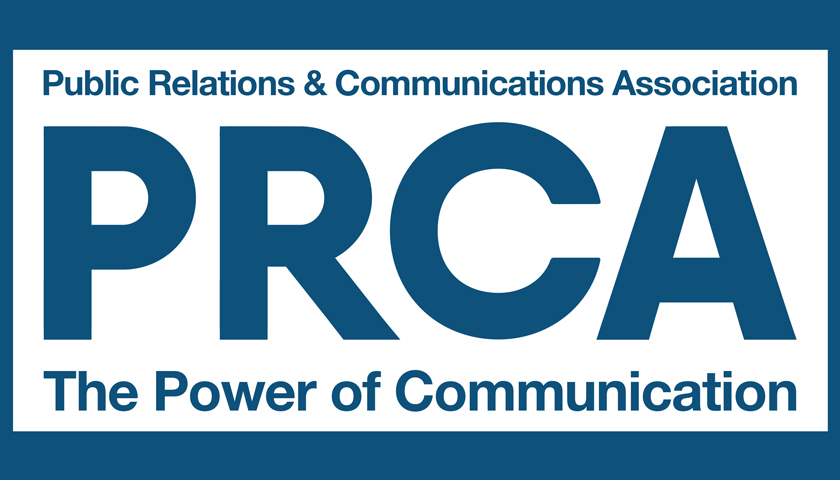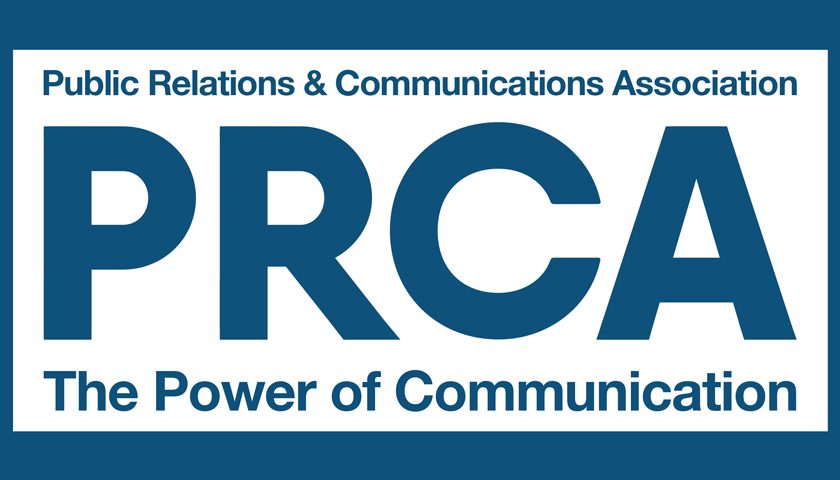The PRCA Board of Management has approved amendments to the PRCA Public Affairs Code. The amendments aim to provide more clarity around the employment of politicians and the use of privileged information.
These changes were introduced following a consultation period during which members were invited to share their views on how the PRCA Public Affairs code was functioning and whether any changes should be made.
The majority of members (67%) felt that the Code was fit for purpose, however some members felt that the Code could provide more clarity around the employment of MPs, Peers, and other politicians.
The PRCA Public Affairs Board Executive Committee drafted the changes which were approved unanimously by the PRCA Board of Management at a meeting yesterday.
Here are the changes that will apply effective immediately:
8. Members must not:
– Employ any MP, MEP, Member of the House of Lords, or any member of the Scottish Parliament or Senedd Cymru or the Northern Ireland Assembly or the London Assembly to conduct public affairs in any capacity.
– Make any award or payment in money or in kind (including equity) to any MP, MEP, Peer, or to any member of the Scottish Parliament or Senedd Cymru or the Northern Ireland Assembly or the London Assembly, or to connected persons or persons acting on their account directly or through third parties.
If Members employ an MP, MEP, Member of the House of Lords, or any member of the Scottish Parliament or Senedd Cymru or the Northern Ireland Assembly or the London Assembly to conduct services in any other capacity other than public affairs, they must not, in any circumstances, make use of any Privileged Information made available or known to them, including in their dealings with the staff, associates, clients, new business prospects and/or other contacts of the Member.
For the purposes of this clause 8, “Privileged Information” means any and all information, whether in writing, in an electronic format, or passed on verbally, that a Member receives, obtains or otherwise becomes aware of through disclosure by the relevant MP, MEP, Member of the House of Lords, or member of the Scottish Parliament or Senedd Cymru or the Northern Ireland Assembly or the London Assembly, and which is information that the Member has been informed is confidential and/or privileged or which it ought reasonably to know is confidential and/or privileged information, having regard to all the circumstances.
Privileged Information excludes information which:
– at the time of receipt by the Member is in the public domain; and/or
– subsequently comes into the public domain through no fault of the Member, its officers, employees or agents.
Emma Petela MPRCA and George McGregor MPRCA, Public Affairs Board Co-Chairs, said:
“The PRCA Public Affairs Board regularly reviews its Code of Conduct to ensure the highest ethical standards are observed by our members.
“This update was agreed after extensive consultation with our members, the PRCA Public Affairs Board Executive Committee and the PRCA Board and stipulates clear rules when employing parliamentarians”.
The Registrar of Consultant Lobbyists recently published his response to the Code of Conduct consultation in which he concluded that several of the non-PRCA Codes declared on the Register of Consultant Lobbyists might not be considered ‘relevant’; and suggested a tougher line on those declaring their own, self-policed Codes. The PRCA Code is now the industry standard – seven times more agencies adhere to our Code than adhere to the next most referenced Association Code.
You can view the full PRCA Public Affairs Code here.


